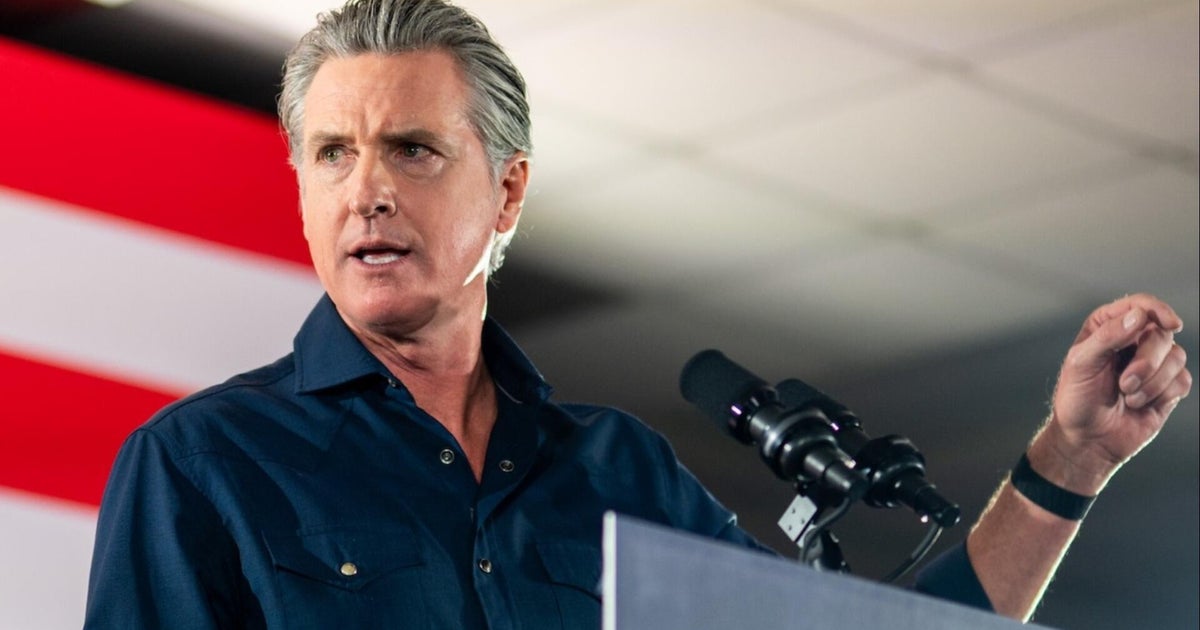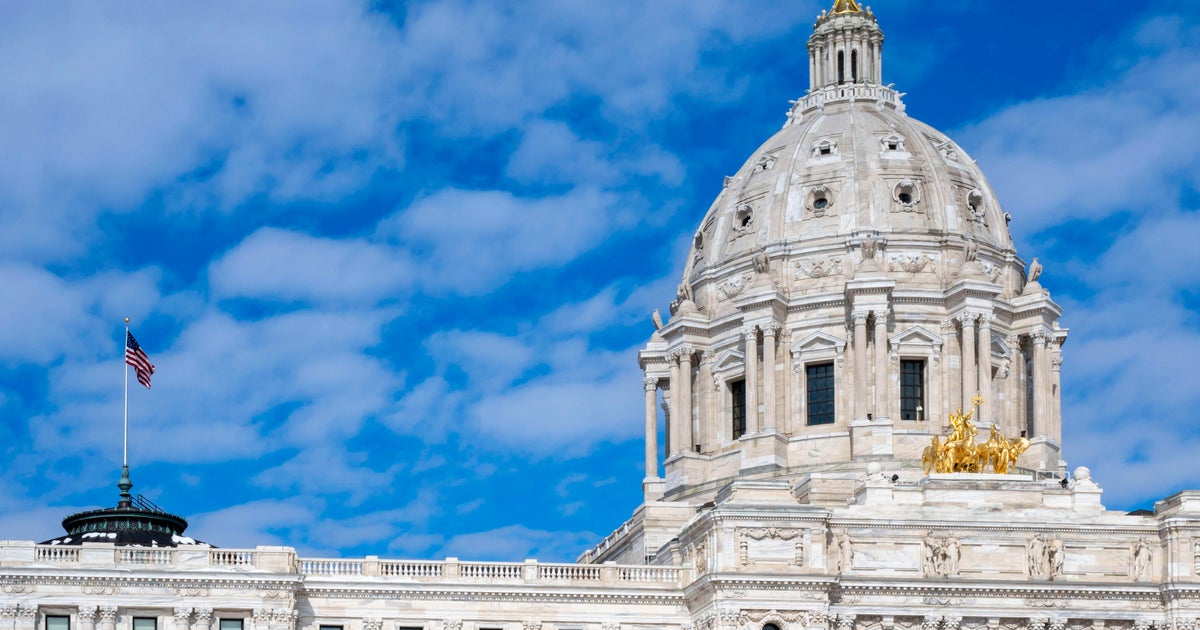Senate passes stopgap government funding bill ahead of deadline
Independent Senator Bernie Sanders and Republican Senator Josh Hawley temporarily blocked a voice vote to approve a stopgap government funding measure on Friday afternoon, arguing that Congress needs to provide another round of direct checks to Americans.
"This Congress must address the economic emergency facing the American people," Sanders said in a speech on the Senate floor, arguing that senators should not return home for the holidays until they help American families. "I am prepared to withdraw my objection at this moment, but I will not be prepared to withdraw an objection next week. We will deal with the financial crisis facing tens of millions of Americans."
Sanders and Hawley, unlikely partners typically on opposite ends of the ideological spectrum, proposed adding an amendment to the must-pass legislation in an attempt to force a vote on providing Americans with a second round of $1,200 direct checks. Sanders withdrew his objection, and Hawley said in a speech that he was reserving his right to object until next week.
"If the Senate of the united states can find hundreds of billions of dollars to give to big government and big business, surely it can find some relief for working families and working individuals," Hawley said. "And I would just submit to you that it is working families and working people who should be first in line for COVID relief, not last, and that is why the amendment that Senator Sanders and I have proposed is so common sense."
After Sanders and Hawley spoke, the Senate then passed the continuing resolution by a voice vote, hours ahead of the midnight deadline to avoid a government shutdown. The resolution, which was approved in the House this week, then must be signed by President Trump to prevent a shutdown. The short-term measure extends the government funding deadline to December 18, giving lawmakers only one week to negotiate a larger spending bill and resolve their differences over a relief proposal, as talks appear to be crumbling.
Senator Rand Paul objected to swift passage of the National Defense Authorization Act (NDAA) on Thursday, preventing the Senate from passing the bill with unanimous consent. Senators had hoped to pass the NDAA on Thursday, so holding up the vote on the NDAA also meant delaying the vote to avert a shutdown. Paul told reporters on Friday that he would not try to stall a vote on the continuing resolution.
"Our main point in filibustering the defense authorization bill was to point out that the president should have the prerogative to end a war, not just to start wars," Paul said. "I think it's a pretty important principle to discuss, so we did hold things up for a day on that, but we're not going to on the CR." He added that he therefore did not "have a choice" to continue to stall the vote on the NDAA.
The Senate passed the NDAA with a veto-proof majority on Friday afternoon, after the House did earlier this week. But Mr. Trump has still threatened to veto the bill, meaning that Congress may have to stay in Washington to override the bill later in December.
Paul told reporters on Friday that he would not block the continuing resolution, but he isn't the only senator whose actions could hold up passage of the stopgap funding bill.
Meanwhile, promising negotiations between a bicameral, bipartisan group of lawmakers appear to lack support from Senate leadership. The group introduced a $908 billion framework which includes $160 billion for state and local aid and a temporary liability shield for companies and institutions. The state and local funding is critical to Democratic support, while the liability protections are a priority of Senate Majority Leader Mitch McConnell.
But McConnell's staff communicated to other congressional leadership staff on Wednesday that the majority leader does not believe that any deal reached by the group on state and local aid and liability protections would be acceptable to Republicans, a senior Democrat familiar with the conversations told CBS News.
Lawmakers have left the door open to continuing talks through late December, even as several relief programs and policies are expected to expire after Christmas. Speaker Nancy Pelosi has said that she would want any relief bill to be attached to an omnibus funding bill, but that requires that omnibus to be ready by the December 18 deadline.
"In order to have the COVID added to omnibus, you have to have an omnibus, and so we're working dual tracks on that," Pelosi told reporters on Thursday. "I would hope that it would honor the December 18 deadline, but we can't go before the package is ready and the votes are there, as well as the fact that people do want to get home for the holidays, such as that is. But what's more important is that we get the job done for the American people before the holidays."
More than 290,000 Americans have died from COVID-19, and over 15.5 million have contracted the virus.



